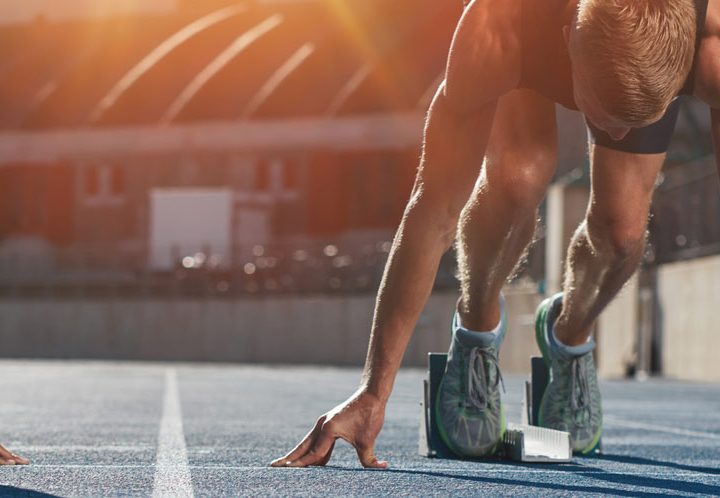The recent negative publicity surrounding doping in sport has continued with yesterday’s announcement that the International Olympic Committee (“IOC”) would be banning Russia from competing at the 2018 Winter Olympics in Pyeongchang, South Korea. Individual Russian athletes who are able to satisfy an IOC specialist panel that they are “clean” will be eligible to compete in Pyeongchang under the neutral flag.
The McLaren Report commissioned by the World Anti-Doping Agency (“WADA”) in May 2016 revealed details of a state-sponsored doping programme in Russia and had previously led to Russia’s exclusion from the 2016 Summer Olympics in Rio de Janeiro, Brazil and more recent omission from the 2017 Athletics World Championships in London. Yesterday’s announcement serves to illustrate that the IOC is not yet satisfied with Russia’s response to the McLaren Report and indicates that Russia still has a lot to do in terms of its compliance and reintegration into Olympic sport. The previous allegations of state-sponsored doping had led to startling conclusions that the Russian government had directly assisted its athletes with doping in order that such athletes could gain an unfair advantage over their competitors.
The news banning Russia from the Winter Olympics was ironically coupled with yesterday’s announcement that Great Britain Heptathlete Kelly Sotherton would be upgraded to the bronze medal from the 2008 Summer Olympics in Beijing, China due to Russian athlete Tatyana Chernova having failed to successfully overturn a doping ban. Sotherton is unlikely to receive the medal for some time and the formal upgrade announcement has come at a delay of almost 10 years. Russia’s path of reintegration into Olympic sport may well be a long one but there are much wider legal issues to be considered here by clean athletes who have directly suffered as a result of doping.
There has been no direct precedent set as yet but consequential legal challenges are currently being considered by the growing list of clean athletes who have received belated news of position/medal upgrades. 4th and 5th place finishes in the immediate aftermath of the Games not really having as profound an effect upon such athletes’ careers and earning potential as would the immediate status of having won an Olympic medal. These athletes also having evidently lost the opportunity to stand on the podium and indeed having financially suffered from not being able to label themselves as an “Olympic medallist” until a much later moment in time when arguably the opportunity to economically maximise such success has been lost. This commercial loss of earnings element is however almost impossible to quantify and the cross-jurisdictional issues involved in respect of the entity being pursued as a possible party to litigation further complicates matters.
The concerning non-legal element here is that doping athletes are only being caught many years later when it is often too late to rescind the damage caused to the clean athlete who loses out both financially and psychologically as a direct consequence. This is evidently an argument for the testing authorities to tighten up their own strategies and systems in order to ensure maximal deterrents and that cheating athletes are caught far sooner than we are currently witnessing.
Here at Farleys we have a dedicated team of sports lawyers who have experience in dealing with a variety of doping offences in sport and other legal issues which may stem from this. We deal with professionals across a number of different sports on a daily basis. Do not hesitate to contact us today by email or on 0845 287 0939 to speak to one of our solicitors who will be able to advise you on the legal implications of any of the above issues.






